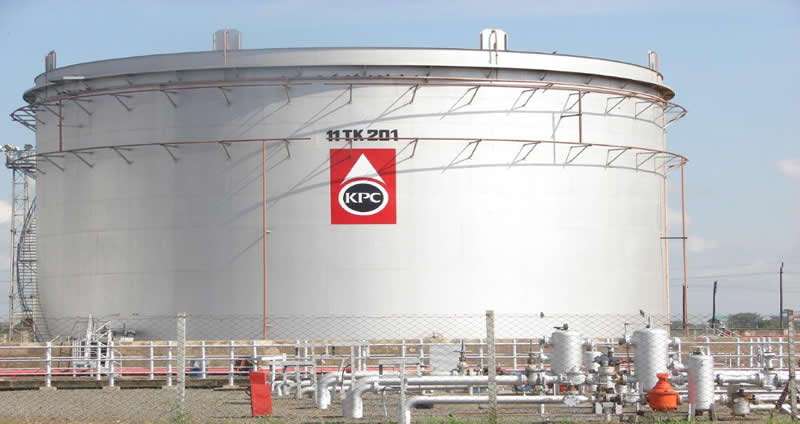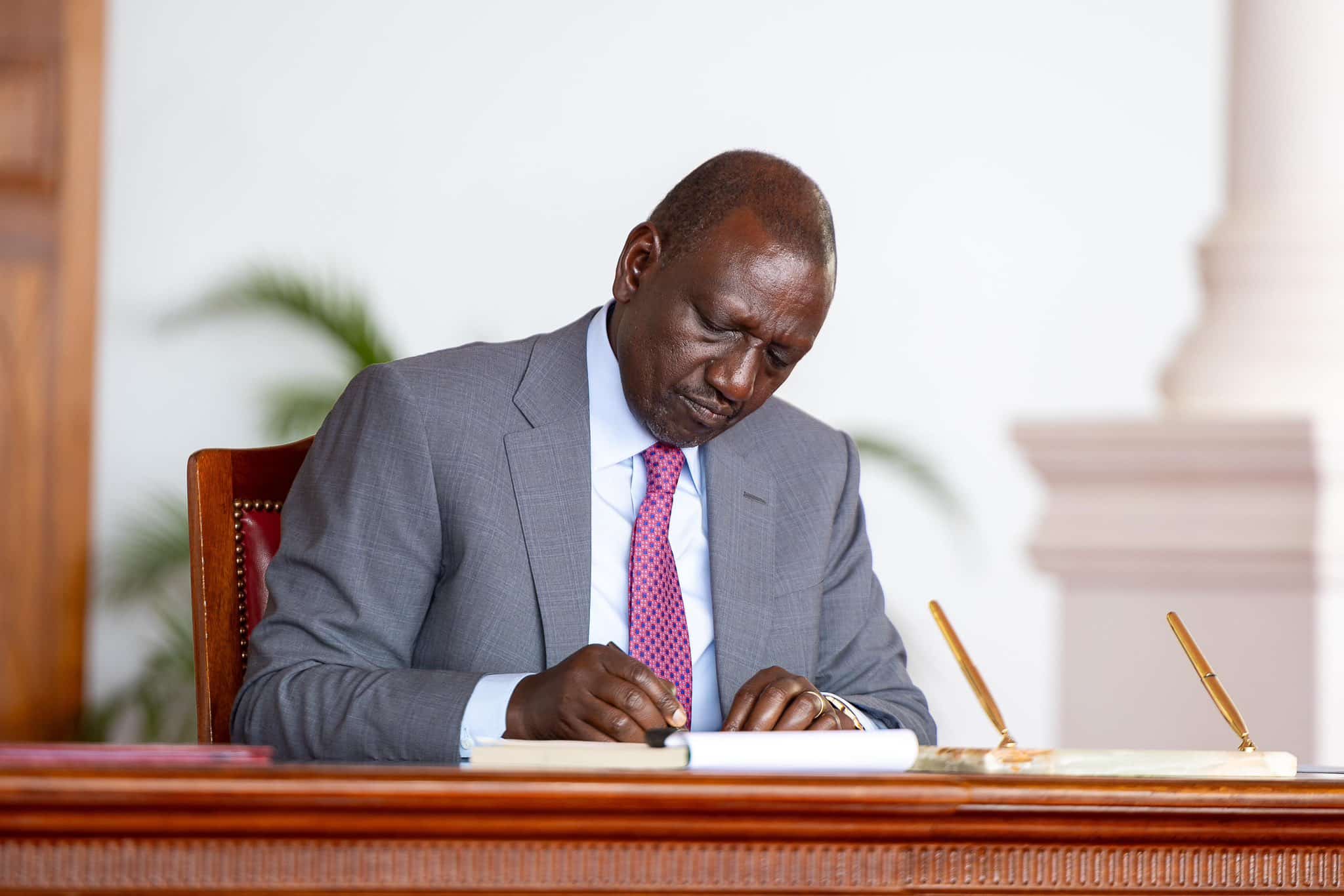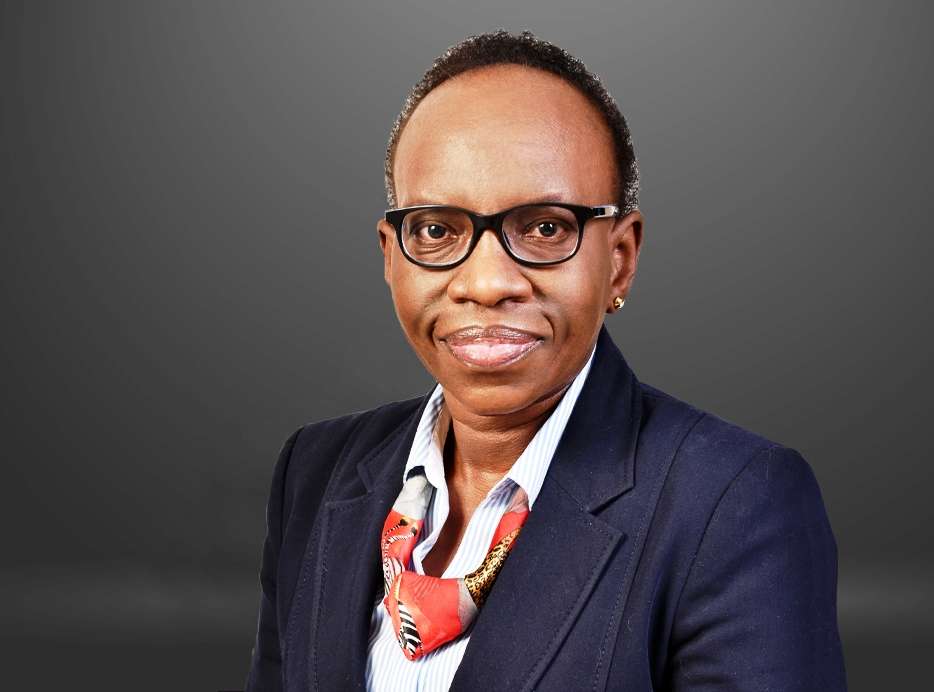The former president’s decision to remain politically active is informed by his successor’s disrespectful behaviour through a series of incidents, including trespassing on his family farm, withdrawal of security detail for former First Lady Mama Ngina Kenyatta, confiscation of licensed firearms belonging to his children, and the search of his son’s residence by detectives, sources told The Weekly Vision
By The Weekly Vision Team
Retired President Uhuru Kenyatta finds himself at a political crossroads over Raila Odinga’s ambition to become the AU Commission Chairman. Mr Kenyatta is currently weighing his options after it became clear that the ODM leader may soon exit the national political scene for the African Union chairmanship.
It is worth mentioning that Mr. Uhuru had already informed his followers and political adversaries that he was to retire from active politics and pass the leadership of the Jubilee Party to someone else. But the former president had a change of heart when President William Ruto brought political battles to his doorstep. The former president’s decision to remain politically active is informed by his successor’s disrespectful behaviour through a series of incidents, including trespassing on his family farm, withdrawal of security detail for former First Lady Mama Ngina Kenyatta, confiscation of licensed firearms belonging to his children, and the search of his son’s residence by detectives, sources told The Weekly Vision.
In light of the incidents mentioned above, Mr Kenyatta has been vocal and has, on occasion, made political statements targeted at President Ruto and the alleged failures of his administration. However, Raila’s move to contest for the UNC chairmanship and the undisclosed agreement with President Ruto seems to have caught him off guard, leaving him in a state of political uncertainty. Reports indicate that the ex-president had also considered vying for the UNC seat but decided to withdraw when it became clear that President Ruto would not support his candidacy.
The big question that analysts are currently grappling with is the range of options available to Mr Kenyatta in case Mr Odinga succeeds in his pursuit of the AUC chairmanship.
One, Uhuru Kenyatta has the option of retiring from active politics, delegating the Jubilee Party leadership to someone else, and ceasing to make any political remarks by assuming a less prominent role in politics. Mr Kenyatta would avoid any potential criticism from his political detractors; according to experts, this approach is considered the best.
Two, Mr Kenyatta’s other choice is to step forward and assume the leadership of Azimio and actively participate in opposition politics while Raila Odinga is absent. Speculation is rife that he is the driving force behind the creation of the Kamwene group, a political alliance formed to unite several politicians from the Mount Kenya area with Martha Karua at the helm. Reliable sources say Mr Kenyatta’s plan revolves around consolidating the support of Mount Kenya political leaders who are affiliated with Azimio. The objective is to establish a unified and influential entity that can effectively advocate for their interests and enhance their bargaining power within the Azimio alliance.
If Raila Odinga moves to Addis Ababa, Uhuru Kenyatta might face challenges in garnering significant political support to effectively participate in opposition politics. Nonetheless, he can continue to provide financial assistance to the opposition cause.
To remain politically influential in the Mount Kenya region, he must prioritize the unification of all opposition parties with roots in the region into a strong and cohesive entity. This consolidation will serve as a powerful force to counter the growing impact of the UDA party and Kenya Kwanza in the 2027 elections.
Top party leaders and political leaders from the area that he should target include Martha Karua, Peter Munya, Jeremiah Kioni, Nderitu Muruuthi, Lee Kinyanjui, and Maina Njenga, among others. The National Dialogue Committee Report (Nadco) presents an opportunity for him to uphold his political relevance within the Mount Kenya region and nationally. Even though he has not openly acknowledged the report, he could boost his credibility and relevance by humbly endorsing the report, supporting its implementation, and advocating for his key allies to take up important roles within the official opposition.
By engaging in negotiations with Raila Odinga, he can easily secure Karua’s appointment as the deputy opposition leader and ensure that his interests are well-catered for. Additionally, Eugene Wamalwa, his close ally and leader of DAP-Kenya, can also assume the position of the other deputy opposition leader, despite his dismissal of the Nadco report.
According to narratives within Azimio, Kalonzo, by having majority seats both in parliament and the senate, qualifies to be the opposition leader in the absence of Raila Odinga. Consequently, Uhuru Kenyatta could endorse him as the opposition’s leader but, at the same time, strike a deal to have Karua and Wamalwa serve as his deputies. In this arrangement, Uhuru Kenyatta could advocate for his trusted ally, Mr Kioni, to assume the deputy’s role instead of Karua, considering that Jubilee has elected leaders, unlike Karua’s NARC Kenya.
By having his lieutenant’s take up the two slots, Uhuru Kenyatta can be sure that his political interests and agenda will be taken care of. Finally, the former president has the option of setting aside his ego, extending an olive branch to President Ruto, and collaborating with him within his Jubilee Party.





